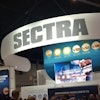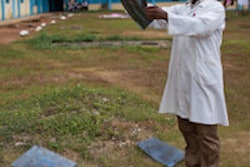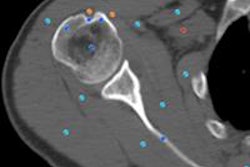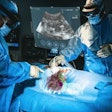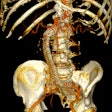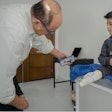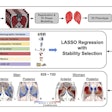Dear AuntMinnieEurope Member,
The ever-popular annual German radiology congress, the DRK, got underway earlier today under clear skies in Hamburg, and radiation dose monitoring was on the minds of many attendees.
Radiologists in Düsseldorf are keen for all the country's radiology departments and clinics to participate in cloud-based dose monitoring, and they're convinced it will turn into an essential part of future regulation. Go to our CT Community, or click here. And make sure you return to our home page for further DRK news over the next few days.
Also in Germany, the ambitious National Cohort study is making progress. MRI's playing a central role, and around 21 million euros is being spent on the radiology part of the research. Get the story here.
Across the border in Switzerland, a creative group in Lausanne headed by Dr. Klaus Schönenberger, PhD, has been busy forging links with colleagues in Africa. They're collaborating in the development of a low-cost x-ray system that can work effectively in a challenging environment. Check out their progress in our Digital X-Ray Community, or click here.
Meanwhile, Italian investigators have found that synthetic 2D images can bring additional value to digital breast tomosynthesis, overcome the limitation in comparison with prior studies without additional radiation dose exposure, and lead to no increase in examination times. Learn more in our Women's Imaging Community, or click here.
Last but definitely not least, French researchers have found that coronary CT angiography with a 256-detector-row scanner delivered better image quality, fewer artifacts, and a drastically reduced radiation dose compared with a 64-detector-row CT scanner. Get the full details here.



